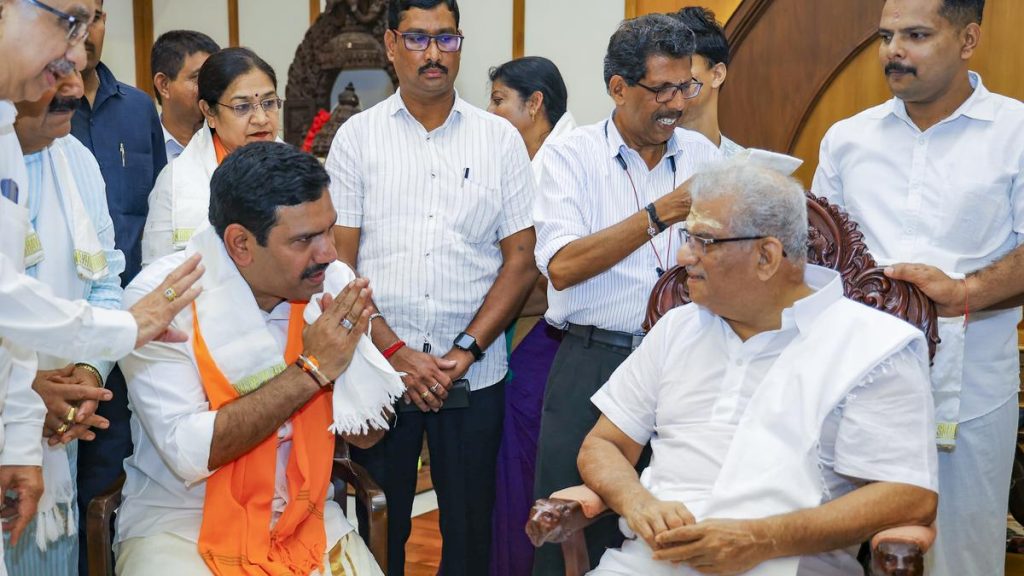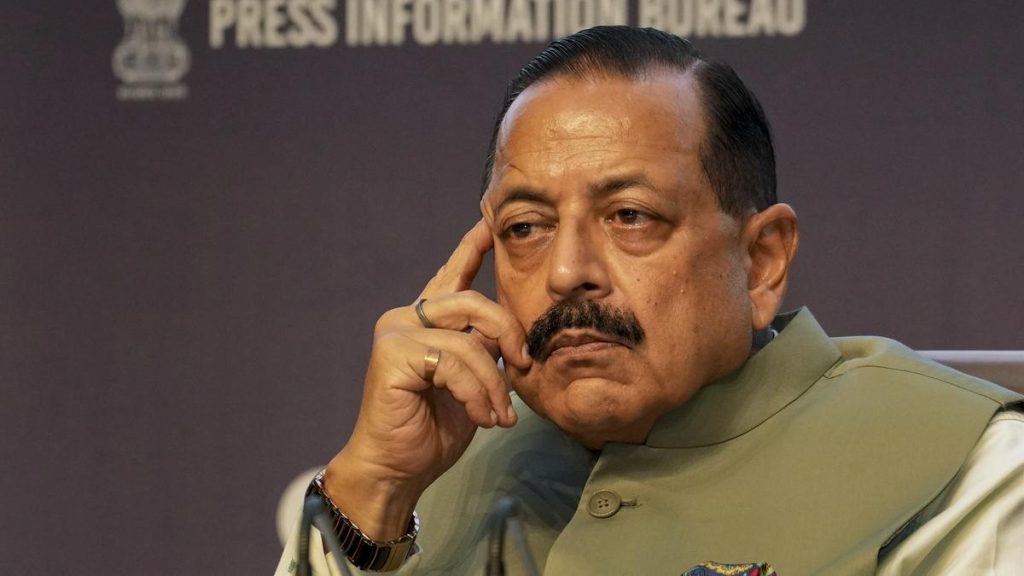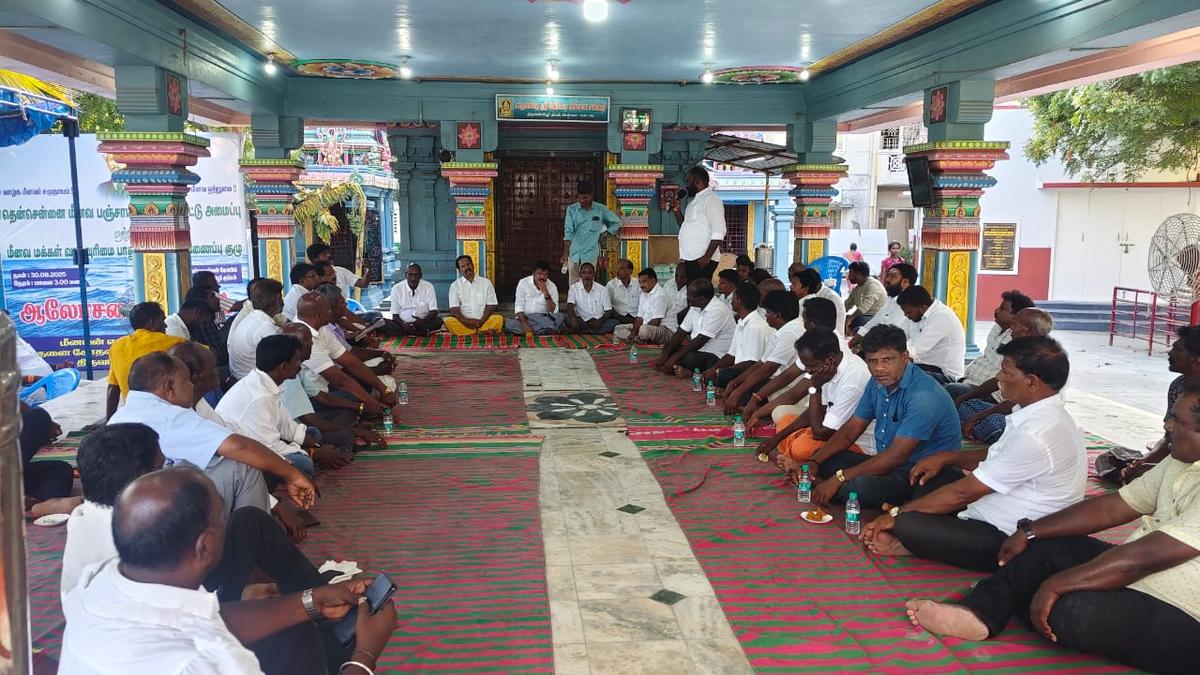Now Reading: Former CM Naveen Patnaik Urges Urea Supply for Odisha Farmers
-
01
Former CM Naveen Patnaik Urges Urea Supply for Odisha Farmers
Former CM Naveen Patnaik Urges Urea Supply for Odisha Farmers

Rapid Summary
- Former Odisha CM and BJD leader Naveen Patnaik wrote to Union Minister J.P.Nadda regarding the inadequate supply of urea in Odisha during the kharif season.
- Over 70% of Odisha’s population relies on agriculture, which has seen significant growth over two decades, transforming from a rice importer to a major contributor to India’s Public Distribution System (PDS).
- Patnaik highlighted issues like short-supply of urea, black marketing, and adulteration as critical challenges for farmers during this crop season.
- Farmers in tribal districts are agitating due to non-availability of urea; disruption in agricultural activities may impact crop production and farmer livelihoods if not resolved promptly.
- Allegations were made that MARKFED, the government’s fertiliser distribution agency, is supplying subsidised fertilisers illegally to private traders instead of farmers. Urea is reportedly being sold at higher-than-approved prices across Odisha despite claims by authorities about adequate stock availability (7.94 lakh tonnes).
- Delay in operationalising the Talcher fertiliser plant-whose foundation stone was laid in 2018 with a deadline for completion within 36 months-was raised as another concern after seven years of inactivity.
- Patnaik called for immediate action against black marketing and mismanagement by penalizing guilty parties involved.
Indian Opinion Analysis
Naveen Patnaik’s letter raises pertinent concerns about systemic inefficiencies impacting agricultural productivity and livelihoods in Odisha-a state highly reliant on farming. The allegations surrounding MARKFED’s distribution practices highlight challenges tied to governance and openness that could undermine rural progress efforts if left unchecked.
The delay associated with the Talcher fertiliser plant adds another layer to the issue, suggesting potential lapses in project execution that hinder long-term solutions for ensuring consistent supply chains within agrarian economies like Odisha’s.
This situation underscores the importance of timely intervention at administrative levels-both state and central-to safeguard food security goals while addressing critical farmer grievances around corruption or mismanagement.Ensuring prompt resolution could mitigate disruptions during kharif season while reinforcing trust among farmers toward government frameworks designed for their welfare.
For further details: Read more

























